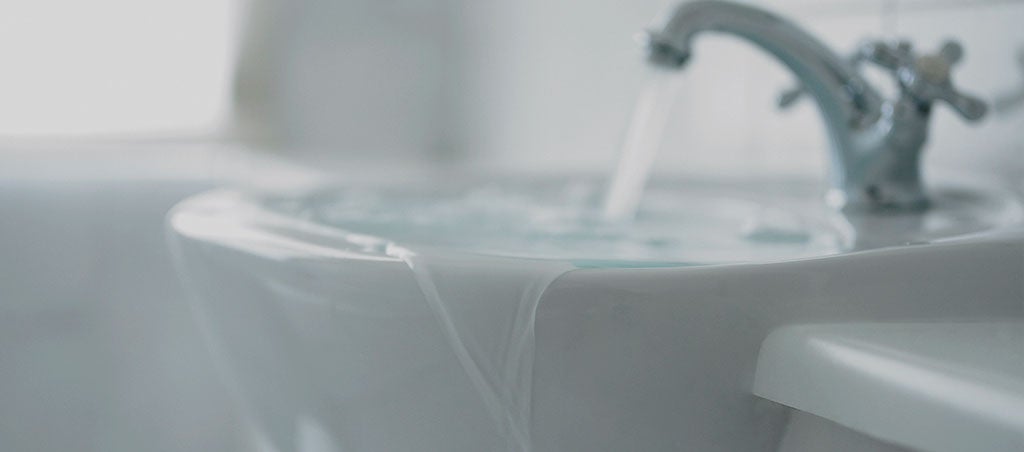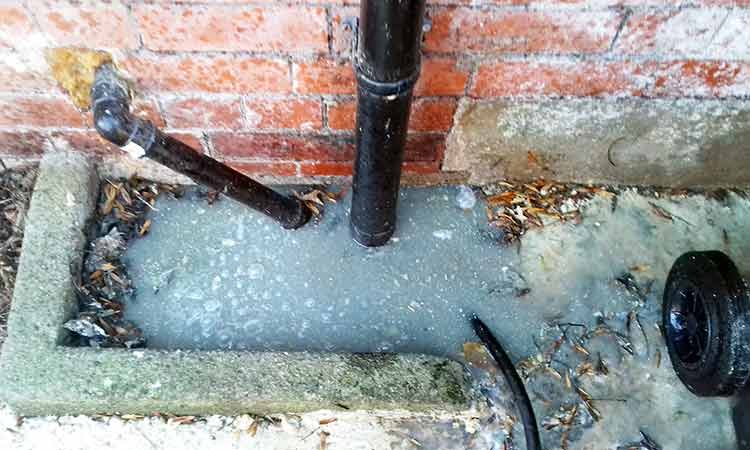Methods for Addressing a Blocked Drain Before Engaging Plumbing Experts
Methods for Addressing a Blocked Drain Before Engaging Plumbing Experts
Blog Article
We have found the article on What I learned from trying to deal with a clogged drain below on the internet and believe it made sense to relate it with you over here.

Intro
Managing a blocked drain can be a discouraging experience, interrupting daily tasks and possibly creating damage to your building. Nonetheless, before connecting to plumbing professionals, there are actions you can require to resolve the problem yourself. In this guide, we'll explore DIY solutions and safety nets to tackle an obstructed drainpipe effectively.
Determining the Issue
The initial step in addressing a blocked drain is recognizing the indicators. Slow drain, gurgling audios, foul odors emanating from drains pipes, or water backing up prevail indicators of a blocked drainpipe. Recognizing these signs early can aid protect against further complications.
Picking the Right Pipes Service
When choosing a plumbing service, think about variables such as experience, licensing, and consumer testimonials. Choose a reputable plumber with a performance history of quality handiwork and transparent prices techniques.
Price Factors to consider
The price of specialist drainpipe cleaning company can vary relying on the severity of the obstruction and the plumbing's rates. Request quotes from multiple carriers and ask about any type of surcharges to ensure transparency and stay clear of surprises.
Safety and security Measures
When attempting do it yourself drainpipe cleansing, prioritize security. Put on safety gloves and eyeglasses to stay clear of contact with hazardous chemicals or bacteria. Never mix different drainpipe cleansing items, as this can produce harmful fumes.
Situation Researches
Real-life instances illustrate the performance of DIY services and the significance of timely professional intervention in settling drain clogs.
Typical Causes of Obstructed Drainpipes
Recognizing the variables that contribute to drain pipes obstructions is vital for effective resolution. Typical culprits consist of hair, soap residue, oil, food debris, and foreign objects like sanitary items or paper towels. Tree origins getting into underground pipes can additionally create considerable clogs.
Do it yourself Solutions
For small blockages, several DIY services can be effective. Pouring boiling water down the drainpipe can help liquify oil and debris. Baking soda and vinegar or a combination of salt and cooking soft drink can function as all-natural cleaners. Using a plunger or pipes snake to dislodge blockages is another alternative.
Devices and Devices
Having the right tools on hand can make DIY drainpipe cleansing more effective. A bettor is a flexible device for getting rid of clogs in sinks, commodes, and showers. A plumbing snake or auger can reach much deeper blockages, while drainpipe cleansing chemicals can be used meticulously for persistent clogs.
Preventive Measures
To stay clear of future blockages, adopting preventive measures is vital. Install drainpipe guards or strainers to catch hair and debris before they enter the pipelines. On a regular basis flush drains pipes with warm water to liquify oil buildup, and avoid taking care of oil or strong waste down the drain.
When to Call a Professional
While do it yourself options can deal with minor blockages, particular signs show the need for professional support. Persistent clogs, foul odors despite cleaning initiatives, or several drains backing up simultaneously are red flags that necessitate experienced intervention.
Verdict
By complying with the pointers laid out in this overview, you can successfully deal with obstructed drains pipes and prevent future plumbing concerns. Whether opting for DIY solutions or seeking specialist support, timely activity is crucial to preserving a healthy and balanced pipes system and maintaining the integrity of your home.
How to Clear a Clogged Drain Yourself (And When to Call In the Professionals)
What Can Clog a Drain
Dirt Skin flakes Hair Grease Soap scum Food Offset pipes Tree roots Small objects Mineral buildup DIY Tricks to Unclog a Drain
You can fix this! Once you have identified the source of the clog (or have a vague idea), you can try one or a combination of these fixes in order to clear your plumbing.
Wire Hanger or Snake
Untangle and clear out hair from a drainpipe with a homemade snake. Use a straightened-out wire hanger with a 90-degree angle hook to locate the clog and drag out any unwanted material.
Remember not to push the clog further down to where the wire hanger cannot reach! If you need to follow up with a plunger, give it a try. Your efforts might be more successful after it’s been wire-snaked.
If you want to get fancy and don’t have a wire hanger to spare, head to the store and pick up a hand-operated drain snake. You can get one for $10-$30. It may save you the hassle, and provide additional length to reach deep into the clogged pipe.
Plunger
A cup plunger has a suction cup attached to a wooden handle. The rubber creates a seal around the drain, and increases the pressure force of the plunger.
Plunge for 30-second increments to loosen the clog. This may need to be repeated over the course of 15-20 minutes. Once plunged, run the water to flush the remaining material out of the drain.
Remember– never use a plunger if you have used a chemical drain cleaner. These chemicals can splash up from the force of the plunger and cause serious injury or burns.
Boiling Water
Hot water can sometimes break up materials into a flushable amount. Dirt, grease, and soap buildup requires heat in order to unstick from surfaces.
Take your kitchen kettle and heat your water to a boil. Once it reaches a rolling boil, pour it directly down the drain into the blockage. Carefully follow with plunging, if necessary.
Don’t worry if this takes more than one try! It can often take multiple kettles and repeated plunging in order to clear a particularly stubborn clog.
Chemical Drain Cleaner
As a last resort, pick up a bottle of chemical drain cleaner. Drain-cleaning chemicals are potent, and not very good for the environment.
You may need to wear protective eyewear in gloves before handling your bottle of chemical drain cleaner. Follow the instructions printed on the bottle, and flush with water as soon as the instructions allow. Do not follow with plunging.
Baking Soda and Vinegar
As a safer alternative to chemical drain cleaner, baking soda and vinegar can create a chemical reaction that clears tough clogs.
Combine one cup of cleaning vinegar with one cup of boiling water, and set aside. Once you have done this, pour half a cup of baking soda down the drain. Give the baking thirty seconds to settle and cover a large portion of the problem drain.
Following the baking soda, pour down your vinegar and hot water solution. Once the vinegar and baking soda combine, the mixture will bubble and fix. Let this reaction fizzle in the drain for about an hour.
After an hour, follow with a kettle’s worth of hot water. The heat and liquid should flush out any remaining material.
When to Call a Plumber
If your DIY attempts haven’t cleared your clog drain, it’s time to call in a professional. It’s not worth losing access to your kitchen sink or high-traffic bathroom. A clog in a vital area can keep you from the things you’d rather be doing, and derail your routine.
Anytime a clog is causing water to spread is a time to call in a plumbing service. What starts out as a little bit of water can quickly grow into serious, expensive water damage.
Additionally, a serious clog can result in burst pipes or serious leaks. Make sure you know when to take it seriously!
https://myguysnow.com/how-to-clear-a-clogged-drain-yourself-and-when-to-call-in-the-professionals/

We hope you enjoyed our section about . Thank you for finding the time to read through our content. Those who enjoyed reading our article kindly remember to share it. Thank you so much for taking the time to read it.
Click Here Report this page